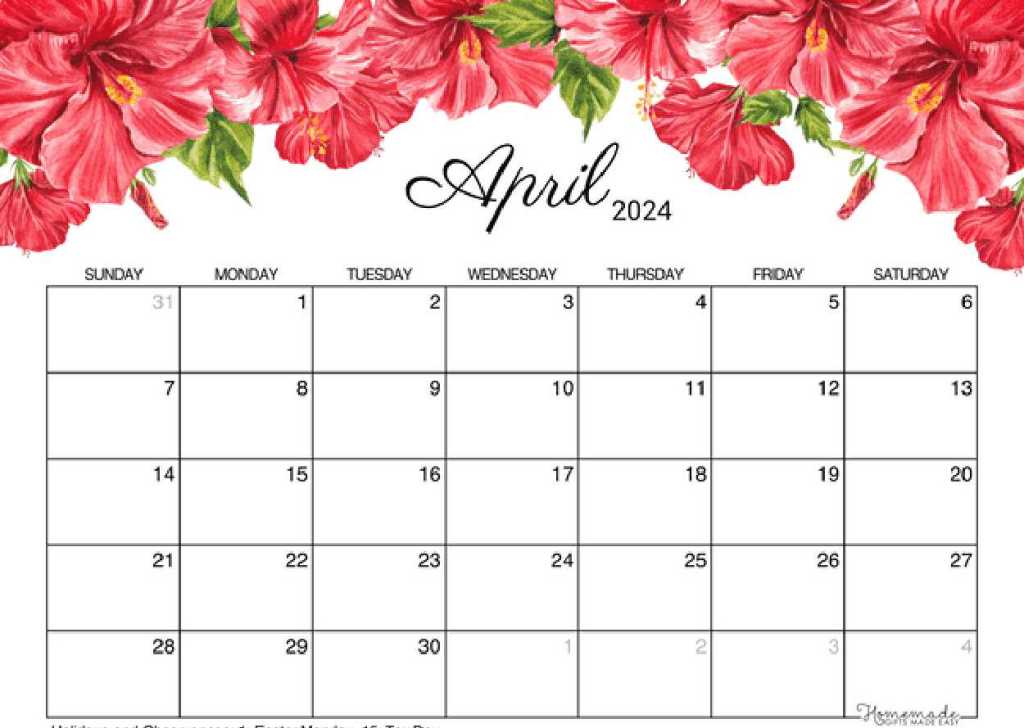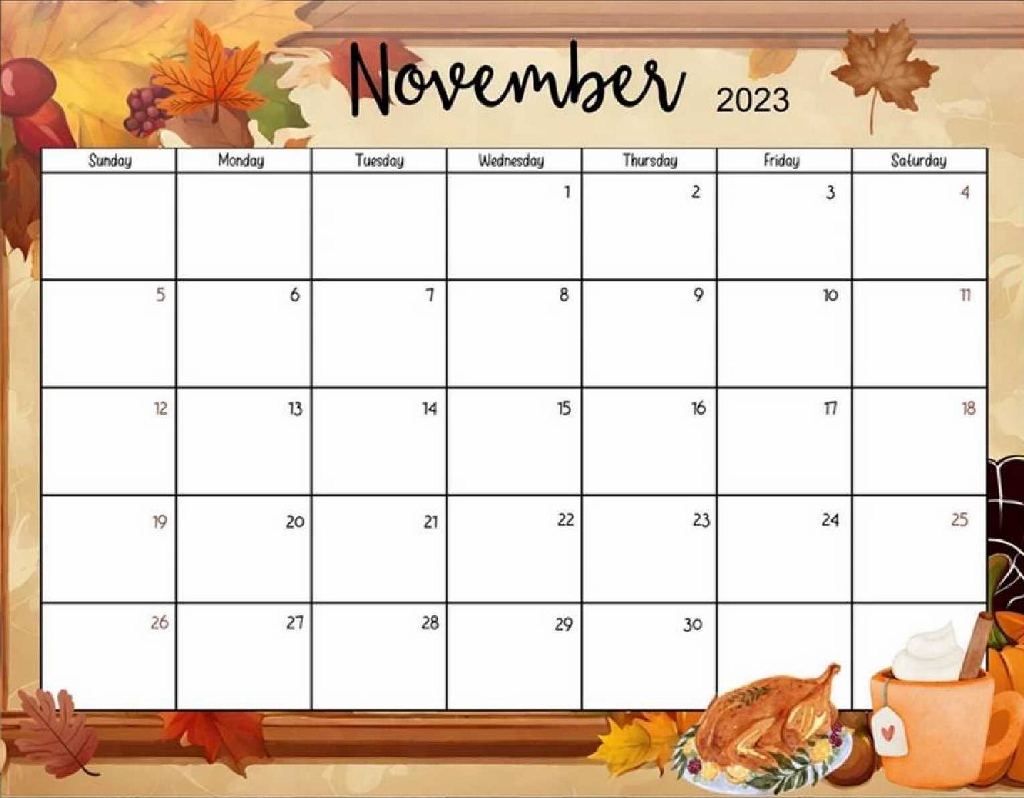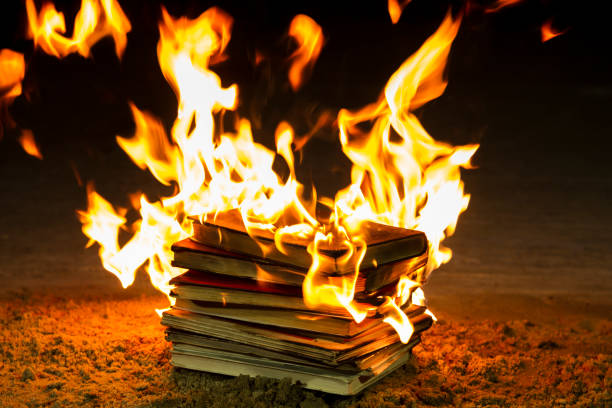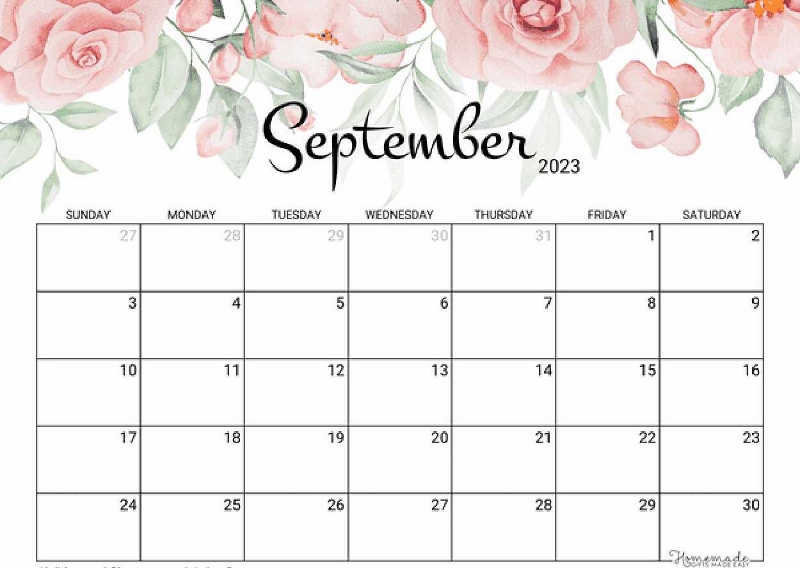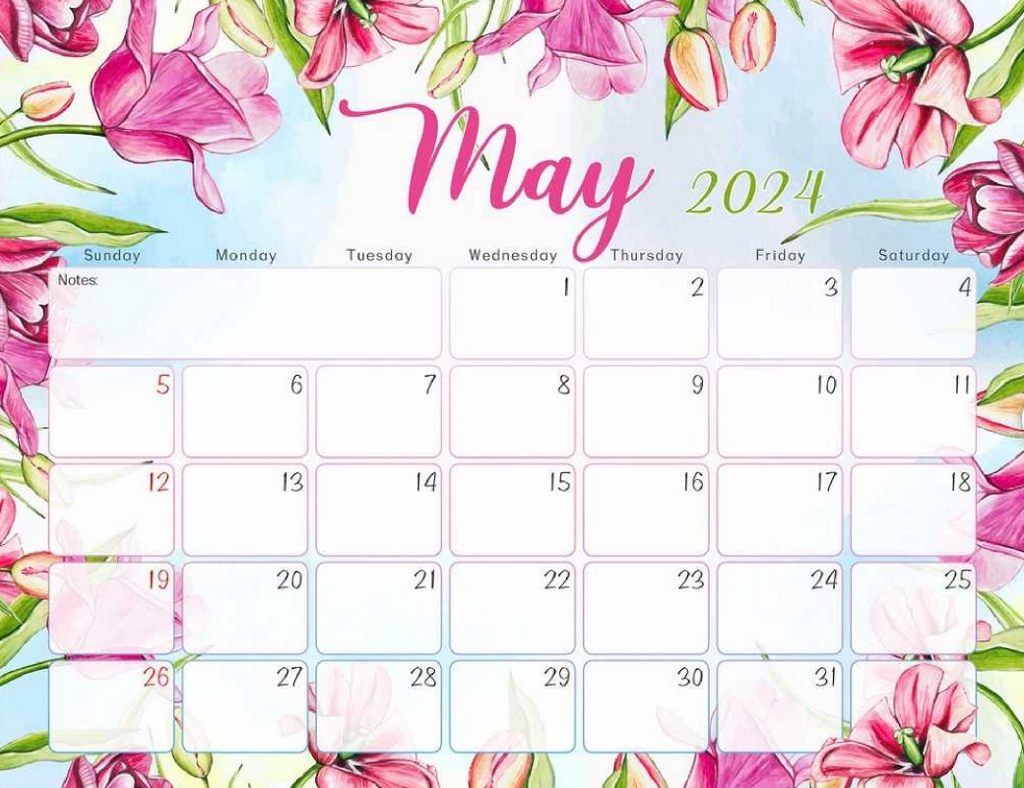
Events in the month of May for writers and readers
American Cheese Month
Arthritis Awareness Month
Asian American and Pacific Islander Month (U.S.)
Be Kind to Animals Month
Better Sleep Month
Get Caught Reading Month
Indian Heritage Month
Jewish American Heritage Month
Labor History Month
Mental Health Awareness Month
Military Appreciation Month
National Allergy and Asthma Awareness Month
National Anxiety Month
National Meditation Month
National Pet Month
Short Story Month
- May 1 – Couple Appreciation Day; Global Love Day; May Day; Mother Goose Day; Phone In Sick Day
- May 2 – International Harry Potter Day
- May 3 – National Space Day; World Press Freedom Day
- May 4 – Free Comic Book Day (N. America); Greenery Day (Japan); National Day of Reason (U.S.)
- May 4-10 – Red Cross Week
- May 5 – Nellie Bly’s Birthday; Cinco de Mayo (México); National Cartoonists Day; National Silence the Shame About Mental Illness) Day; World Laughter Day
- May 5-11 – Hurricane Preparedness Week (U.S.); National Pet Week (U.S.)
- May 6 – Sigmund Freud’s Birthday
- May 6-12 – Children’s Book Week; National Nurses Week (U.S.)
- May 7 – Tchaikovsky’s Birthday; Poem on Your Pillow Day
- May 8 – Peter Benchley’s Birthday
- May 9 – J.M. Barrie’s Birthday; Europe Day; National Children’s Mental Health Awareness Day (U.S.); Peter Pan Day
- May 11 – Irving Berlin’s Birthday; Martha Graham’s Birthday; Salvador Dali’s Birthday
- May 12 – Limerick Day; Mother’s Day (U.S.)
- May 13-19 – Dementia Awareness Week (U.K.)
- May 16 – Love a Tree Day
- May 19 – Nora Ephron’s Birthday
- May 20 – Flower Day
- May 22 – Sir Arthur Conan Doyle’s Birthday; Sherlock Holmes Day
- May 25 – Robert Ludlum’s Birthday
- May 27 – Dashiell Hammett’s Birthday; Ian Fleming’s Birthday; Memorial Day (U.S.)
- May 30 – National Creativity Day
- May 31 – Walt Whitman’s Birthday

